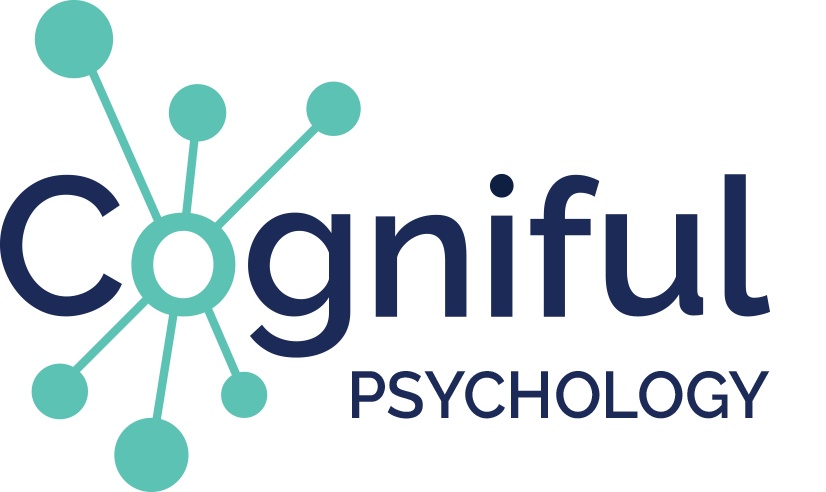Cognitive Behavioural Therapy (CBT)
In CBT one of the main ideas is that how we think about or interpret situations is strongly linked to how we feel and what we do. We are all prone to biases in our thinking, yet when experiencing a decline in our mental health, it may be that these thoughts are more extreme, exaggerated or excessive. With practice, we can learn how to harnass our thinking and change our thought patterns so that we can feel better and cope more effectively.
CBT typically focuses on what is happening here and now and what keeps the problem going. Although we might look at where a person's beliefs have come from, the main focus is on the present. It is a relatively brief type of therapy, depending on the issue, and there will be a focus on goals that are important to you.
Treatment will include learning strategies to address unhelpful thinking patterns, to make changes to behaviour and try out new actions that address difficulties.

CBT is helpful for a range of life difficulties and mental health conditions, including; anxiety, depression, panic disorder, bi-polar, low self esteem, obsessive compulsive disorder, PTSD and eating difficulties. It is also helpful for people with chronic health conditions.



